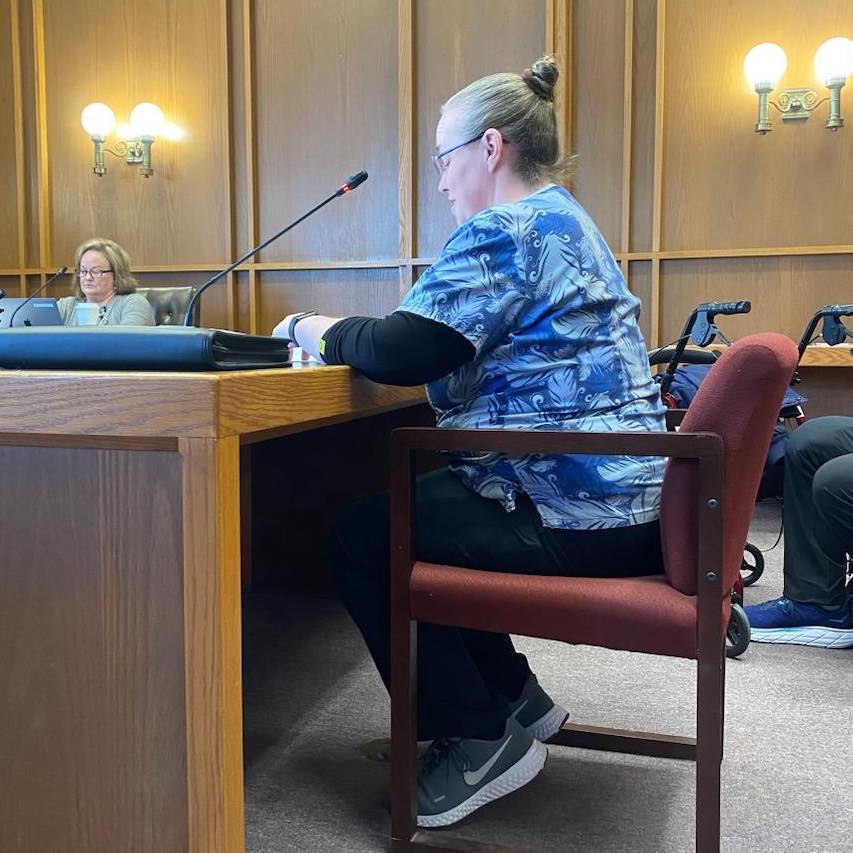
An AFSCME member was largely responsible for a new law in New Hampshire that helps fix the Granite State’s nursing crisis.
School nurse Trish Anglin, a steward at AFSCME Local 298 (Council 93), saw an opportunity to initiate a needed change, set out to make that change, and found the power to do so through her union.
Anglin decided to act last year, when all school nurses hired in New Hampshire were required by law to have a bachelor’s degree or higher and be certified through the Department of Education.
Anglin saw that law as well intentioned but misguided.
“The trouble is, school districts are struggling to hire nurses, and the requirement of a bachelor’s degree is a contributing factor to that problem,” she said.
She made it her mission to change that law and make sure students across the state had access to nurses and the care they needed. As she put it, “My only goal was to simply get nurses in schools.”
She began a grassroots campaign to change the bachelor’s degree requirement to an associate degree, and gathered information, spoke to local groups, and made allies among parents, school staff and nurses from school districts spanning the state.
Her efforts took a leap forward at a Local 298 meeting where Anglin met and lobbied state lawmakers. Anglin began to work closely with Council 93’s Legislative Department. With their help, she helped craft SB215, which lowered the minimum degree requirements from a four-year degree to a two-year degree, while still maintaining the rigorous standards all nurses must achieve by passing the National Council of State Boards of Nursing (NCLEX) licensing exam.
The legislative team at Council 93, led by Jim Durkin, worked side-by-side with Anglin to build support for the bill in the state legislature. They also prepared to testify at legislative committee hearings about their proposal.
Backed up by research, Anglin was able to make the case that the four-year degree requirement wasn’t just causing nursing shortages but also was not necessary to deliver appropriate care to students. In reviewing NCLEX pass rates from 2014-2021, Anglin found that candidates with associate and bachelor’s programs in New Hampshire had similar passing rates.
“This indicates statistically no difference in the quality of nurses coming out of the different degree programs,” Anglin testified before lawmakers. “I also believe that the law, as is, can have the unforeseen consequences of being discriminatory against many in society, such as single parents, and those who live in low-income areas or come from low-income families who cannot afford the tuition to a school with a bachelor’s program.”
Durkin said SB215 could serve as a model for other states also grappling with nursing shortages.
Months of hard work by Anglin and Durkin paid off. SB215 passed the legislature with bipartisan support and was signed into law by Gov. Chris Sununu on July 29.
When facing opposition, even from the New Hampshire School Nurses’ Association, Trish said the health and safety of students is what kept her going. She drew strength from her union and enlisted the support of her fellow members in her campaign.
“One person can make a difference,” she said. “And if you don’t try, the answers always no. Never think you’re not high enough to initiate change.”
